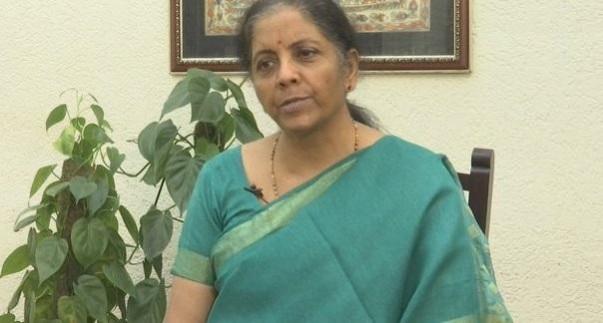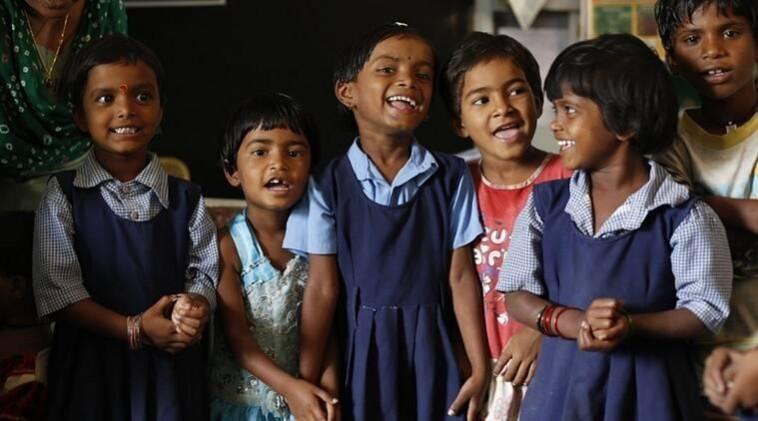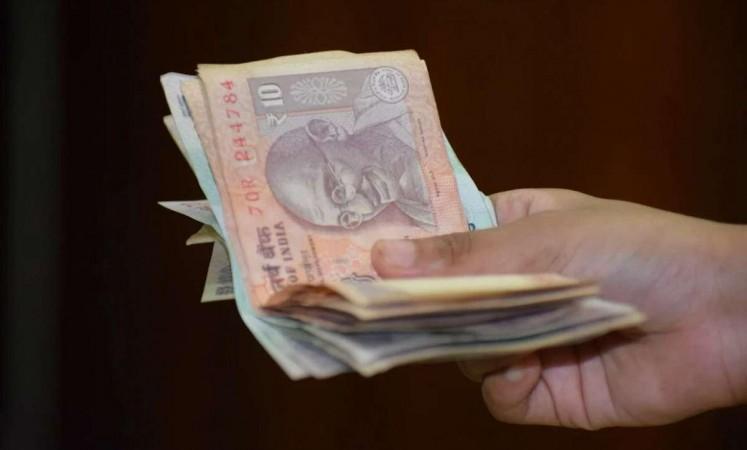Finance Minister Nirmala Sitharaman who is due to present her third full time budget this year has promised a financial plan which will look forward to build a stronger economy like never before; especially at a time when the country is struggling to return back to normalcy after sustaining the damaging impacts of the coronavirus pandemic.
With the world's second highest cases of coronavirus despite a severe lockdown of nearly 1.3 billion people early on in the pandemic, India's economy is expected to contract nearly 10 per cent in the 2020-21 financial year, according to a Reuters report.

Deduction for Covid treatment
The Indian economy, which has already suffered two-quarters of contraction owing the pandemic, is in a technical recession for the first time in history.
Economists have opined that the Union Budget 2021 should look to provide a fiscal stimulus, but the government should not expect to meet a tight fiscal deficit target, at least this year, as the economy is still reeling with impacts of the pandemic.
Making an 'Atmanirbhar Bharat' and the need for a self-reliant economy is already into focus, but other than major announcements supporting domestic manufacturing and agriculture sector, what is primarily required is an enhanced spending on healthcare.
According to Economic Times, the envisaged 2.5 per cent straight cut from the GDP is still a far cry from the current 1.3 per cent allocation. In addition, it is also necessary to address the research and development needs of the pharmaceutical industry, beyond the current Covid-19 vaccination drive.
Fill-in the digital divide
Meanwhile, Covid-19 has also created a wide digital gap between the haves and have-nots in the Indian society, especially in respect to the education sector. Wide access to good teaching can be made possible through digital means. But lack of good teachers is a serious constraint that needs to be addressed through 'Edtech'.
EdTech refers to the industry of companies that create educational technology. Educational technology is the combined use of computer hardware, software, and educational theory and practice to facilitate learning.

Just like the e-commerce business, education technology, or the Edtech space in India, is fast becoming a major ground to secure best deals in online education courses as global giants and local players jostle to lure Indian parents, who ultimately bear the cost of education.
In that case, a substantial budgetary allocation for digitization of education will probably attract many more school children.
Additional funding to agriculture
Farmers have been busy this winter fighting for their farm rights against the government in centre. Irrespective of the turmoil, it important to note that the food processing industry plays an important role in better price realisation for the Indian farmers and reducing the cost of intermediaries.
Keeping the above in view, experts have advised that the government should provide additional funds in the upcoming budget to promote indigenous farm research, food processing and organic farming for the overall growth of the agriculture sector.
Referring to the successful PM-KISAN scheme under which Rs 6,000 is paid annually directly into farmers bank accounts, experts stated that the direct benefit transfer (DBT) scheme should also be utilised more to support farmers instead of giving subsidies.
Path to tackle bad loans
As the pandemic has wreaked havoc on the economy, leading to job losses, borrowers, in most cases, have either delayed repayments or entirely failed to repay the loan altogether.
Providing a solution to tackle the issue of rising bad loans, characterised in banking jargon as 'non-performing assets' (NPAs), the finance ministry is said to have set up bad banks, strengthen Asset Reconstruction Companies (ARC), recapitalize public sector banks and reduce government stakes in some of the banks, as per reports.

"There have been several suggestions relating to the banking sector…. don't think it would be a one-stop solution, but would be a mix of many things or combination of two or three of them. Each has its own advantages and shortfalls," according to Telegraph.
Toiling across different options to settle the issue fast, several economists have also argued that the government may simply transfer the bad loan problem to another entity, leaving banks to continue making poor loan decisions in the future, sometimes under pressure from the political leadership.
No 'Halwa Ceremony' this time
President Ram Nath Kovind is scheduled to address both the Houses of Parliament at 11 am on January 29.
Two day after, Sitharaman will begin the Budget presentation with a speech at 11 am on February 1. The budget session will be held in two parts from January 29 to February 15 and March 8 to April 8.
To mark the process of printing the documents of the Budget, every year, a 'Halwa Ceremony' is organised by the Finance Ministry. The ceremony is usually hosted 10 days before the Budget presentation in the Parliament.
However, as per the reports, breaking the age-old tradition the Finance Ministry this time has decided to go paperless and will not print the Budget 2021 due to the pandemic.

















